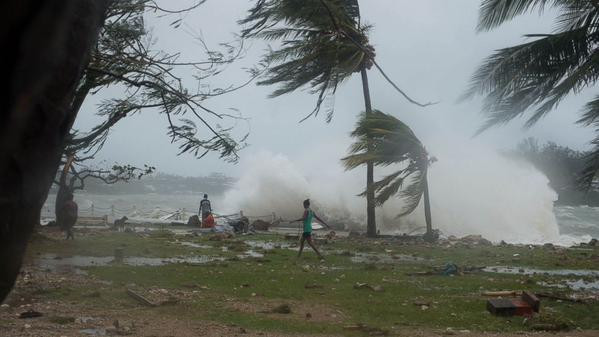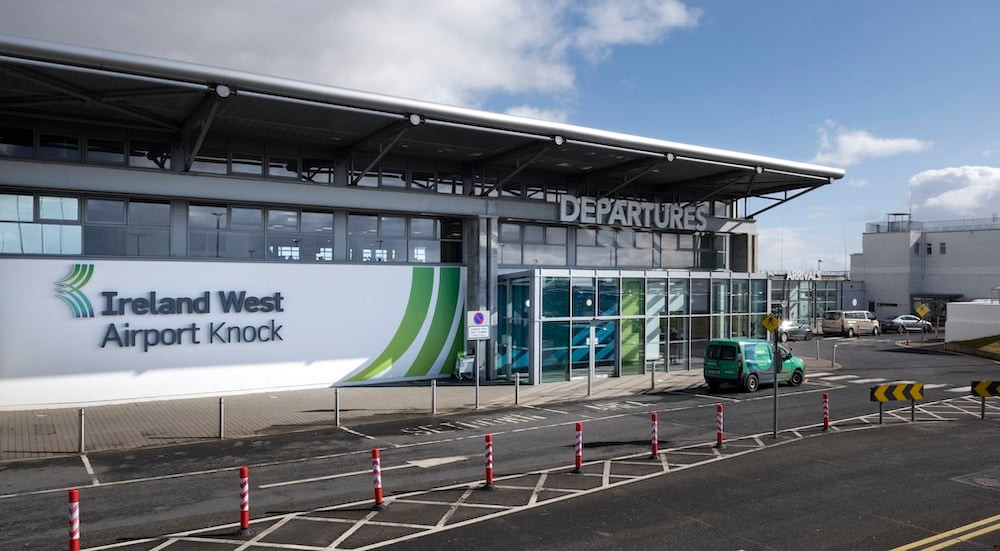Urgent Travel Alert: Prepare for a High-Risk Cyclone Season in the Pacific
Australians planning a summer escape to the idyllic Pacific islands are being urged to prepare for a potentially disruptive cyclone season. The federal government's smartraveller website has issued a travel alert, warning of multiple cyclones expected in the region over the next few months. The Pacific cyclone season typically runs from November to March, and the Australian Bureau of Meteorology predicts an average of 10 tropical cyclones forming each season. This means holiday plans, particularly during the peak December and January school holidays, could be significantly affected.
Understanding the Risks: More Than Just Rain
It's not just rain and wind; these cyclones can quickly escalate into major weather events. Even seemingly small tropical storms can rapidly intensify, changing direction and strength with minimal warning. The consequences can be severe, causing landslides, mudslides, and flash flooding. Infrastructure damage is common, and cyclones frequently disrupt communication and transportation networks, leaving travelers stranded and isolated.
Flight Disruptions and Access to Assistance
Flights can be canceled or significantly delayed, impacting travel schedules and causing considerable stress. Furthermore, access to emergency assistance, medical care, food, and water can be severely compromised during and after a cyclone. These factors highlight the necessity for thorough preparation before embarking on any Pacific island vacation this summer.
Preparing for the Unexpected: Essential Safety Measures
The smartraveller website provides a comprehensive list of safety precautions for travelers heading to the Pacific. Understanding local safety procedures in the event of severe weather is paramount. This includes staying informed about weather forecasts using local media and weather sources. Checking travel advisories specific to your destination is equally crucial. Sharing your travel itinerary and accommodation details with friends and family back home is also highly recommended.
Insurance and Emergency Kit Essentials
It's vital to verify that your travel insurance covers claims arising from cyclones. Pack an emergency kit with essential supplies, such as bottled water, non-perishable food, a basic first aid kit, a battery-operated radio, and a flashlight. Having sufficient cash on hand is also prudent, as access to ATMs may be limited during emergencies. Always keep your travel documents, such as your passport and photo IDs, readily accessible in a waterproof bag or case.
What to Do If You're Caught in a Cyclone
If you find yourself caught in a cyclone, the most important thing is to stay informed. Continuously monitor local news for weather updates and strictly follow instructions from local authorities. Identifying your nearest designated shelter is vital for your safety. If you are on a smaller island, heed warnings to return to the mainland before boat services cease operation. Keep in regular contact with friends and family to provide updates on your safety and situation.
Staying Informed and Safe this Summer
This upcoming summer season presents a higher-than-usual risk for those traveling to the Pacific. Proactive measures, meticulous planning, and up-to-date information are key to ensuring a safe and enjoyable trip. The impact of severe weather events on holiday plans cannot be overstated; prioritizing safety and preparedness is essential for travelers heading to the region. Remember, remaining informed and heeding advice from both Australian and local authorities can help you navigate potential challenges and ensure a smooth and safe vacation. Staying abreast of weather conditions and following advice given by authorities is crucial for your safety and well-being. Always prioritize safety; the beauty of the Pacific Islands is worth the effort to ensure a secure journey.

















